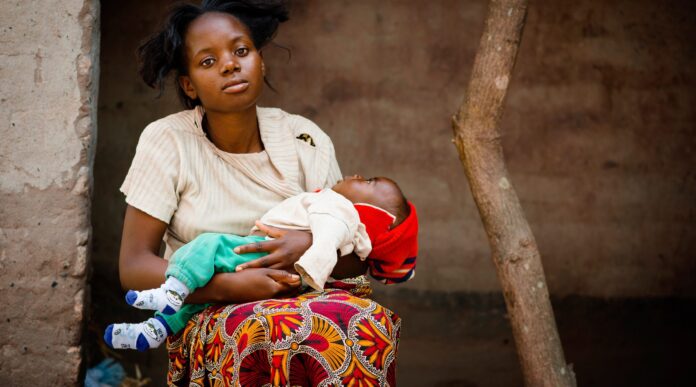Northern Nigeria, a region rich in culture and history, faces significant challenges in its educational sector, particularly concerning school dropouts.
Two of the most pressing issues contributing to this crisis are early marriage and child labor. These socio-cultural and economic factors profoundly impact the educational opportunities available to children, particularly girls, leading to a perpetuation of poverty and limited socio-economic development in the region.
Early marriage in Northern Nigeria is a deeply rooted tradition, often seen as a way to secure the future of girls within the protective bounds of matrimony. However, this practice has severe repercussions for education.

Take the case of Amina, a bright 14-year-old from Katsina, whose dreams of becoming a teacher were abruptly halted when she was married off to a man twice her age.
Despite her academic potential, Amina’s educational journey ended as her responsibilities shifted to managing her household and preparing for motherhood.
Like Amina, countless girls in Northern Nigeria face the same fate, where their academic aspirations are sacrificed at the altar of early marriage.
Statistics show that Northern Nigeria has one of the highest rates of child marriage in the country.
Parallel to early marriage, child labor is another significant barrier to education. Many families in Northern Nigeria live below the poverty line, making child labor an economic necessity.
Children are often seen as vital contributors to household income, whether through farming, street vending, or domestic work.
The relationship between early marriage and child labor creates a vicious cycle of poverty and illiteracy. When children drop out of school, they lose the opportunity to gain essential skills and knowledge, limiting their future employment prospects.
This perpetuates the cycle of poverty, as uneducated individuals are more likely to remain in low-income jobs or continue the tradition of early marriage and child labor with their offspring.

Breaking this cycle requires a comprehensive approach that includes:
1. Community Education and Sensitization
2. Economic Support Programs
3. Legislative Action and Enforcement
4. Access to Quality Education
5. Healthcare Services
The dropout crisis in Northern Nigeria, driven by early marriage and child labor, poses significant challenges to the region’s development.
Addressing these issues requires a collaborative effort from the government, non-governmental organizations, communities, and families.
By tackling the root causes and promoting the value of education, Northern Nigeria can break the cycle of poverty and create a brighter future for its children.




